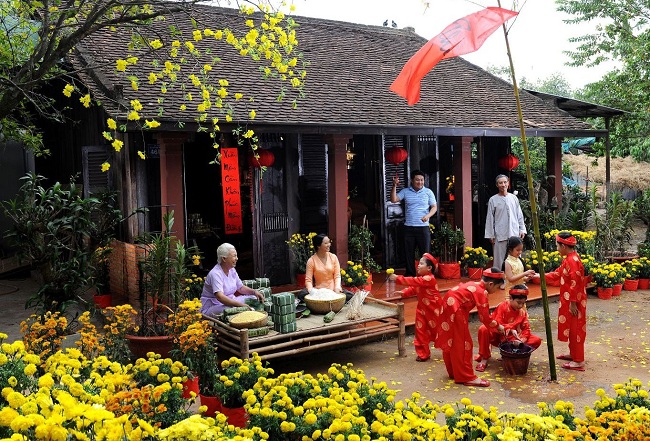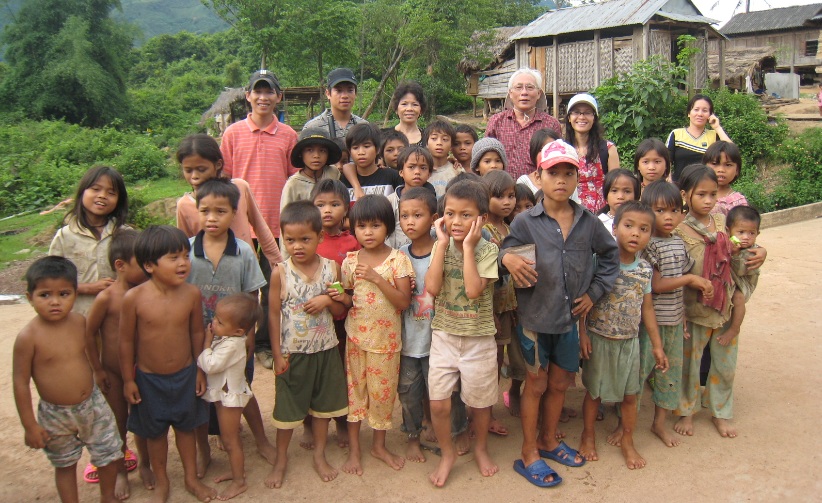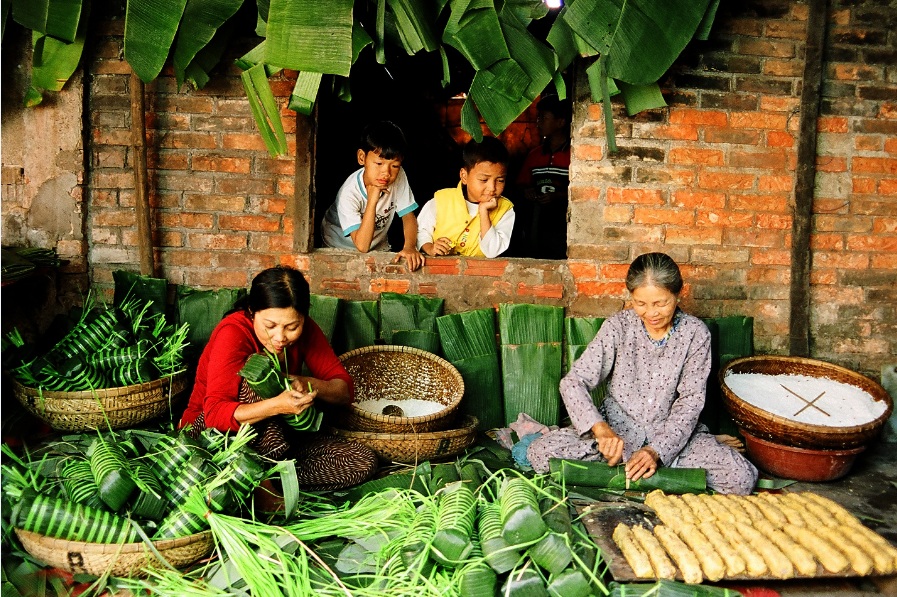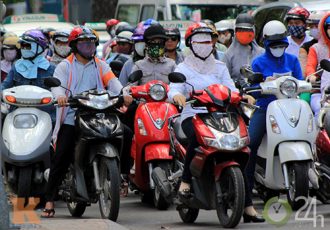The family is the first social environment of a human being, where he or she absorbs all kinds of information to form habits, understandings of the world, and especially values. To understand the characteristics of a Vietnamese, it is necessary to understand the Vietnamese family.

Member of the traditional Vietnamese family
It usually consists of 4 to 8 people, including 2 generations (parents and children) or 3 generations (including grandparents). In history, especially among aristocratic families, 4-5 generations lived together. However, this family form expresses the Confucian influence rather than the original Vietnamese traditions.
The current patriarchy is also one of the clear influences of Confucianism on the family system. Yet the Vietnamese patriarchy is a much softer and more lenient version compared to the Chinese one. In addition to his authority, the Vietnamese father also has obligations: he must be responsible for the financial life of the family; protect it; educate his children and feed them. He must also be a role model for his children.

The paramount role of mother
The role of the mother in the Vietnamese family is also well respected. According to E. Luro in his book “Le pays d’Annam”, she is better respected than the Chinese woman in his society. Instead of being given to the eldest son as in the Confucian system, the authority in the Vietnamese family after the death of the father has passed to the mother. The woman is also considered to have the main role in the upbringing of children, as the proverb says: “con hư tại mẹ, cháu hư tại bà” _ it will be the mother and grandmother who will be responsible for the child’s faults. In the relationship with her husband, the wife is also highly respected. The wife is considered the main contributor to the husband’s success: Cua chong, cong vo ¬_ The husband’s wealth comes from the wife’s sacrifices.
If you want to know more about the place of the Vietnamese woman in society and in the family, we have devoted two complete articles on this subject:
- Women In Vietnamese Society
- Vietnamese Woman in Family
The bond between parents and children is highly remarkable in the Vietnamese family. Filial love is the most important value in the family and even the philosophy of society. It is natural for Vietnamese people that parents to live with their elder or younger child in their old age so that the child can take care of them. Having an elderly person in the family is considered to be the best happiness. Tran Tien, one of Vietnam’s greatest contemporary composers, wrote in one of his songs: “All glorious things are worthless if you don’t have your parents around.”

The Vietnamese family in preparation for the TET festival
On the other hand, the sibling bond is also very strong. The eldest brother is supposed to have responsibilities towards his younger siblings if they, unfortunately, lose their parents. The Vietnamese consider helping their siblings an obvious responsibility when they are able to do so. “Sảy cha còn chú, sảy mẹ bú dì” one of the most famous proverbs on this subject said: One relies on one’s uncle when one’s father has died, and on one’s aunt when one’s mother has died.
The family is one of the most important values in the daily and spiritual life of the Vietnamese. This expresses not only the Confucian influence but also the traditional values of the Vietnamese culture.
If you too are a family and want to discover Vietnam, check out our Vietnam family holiday ideas!



